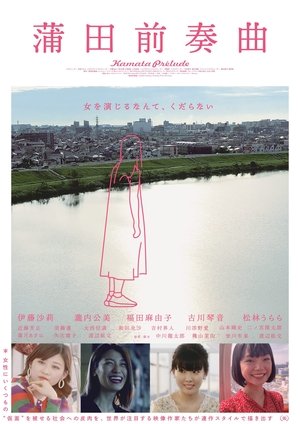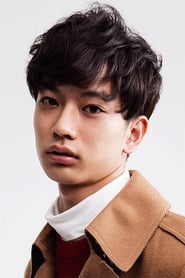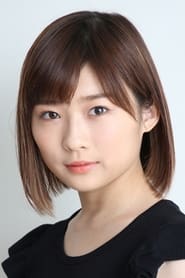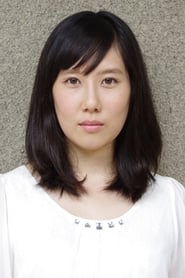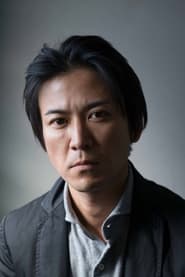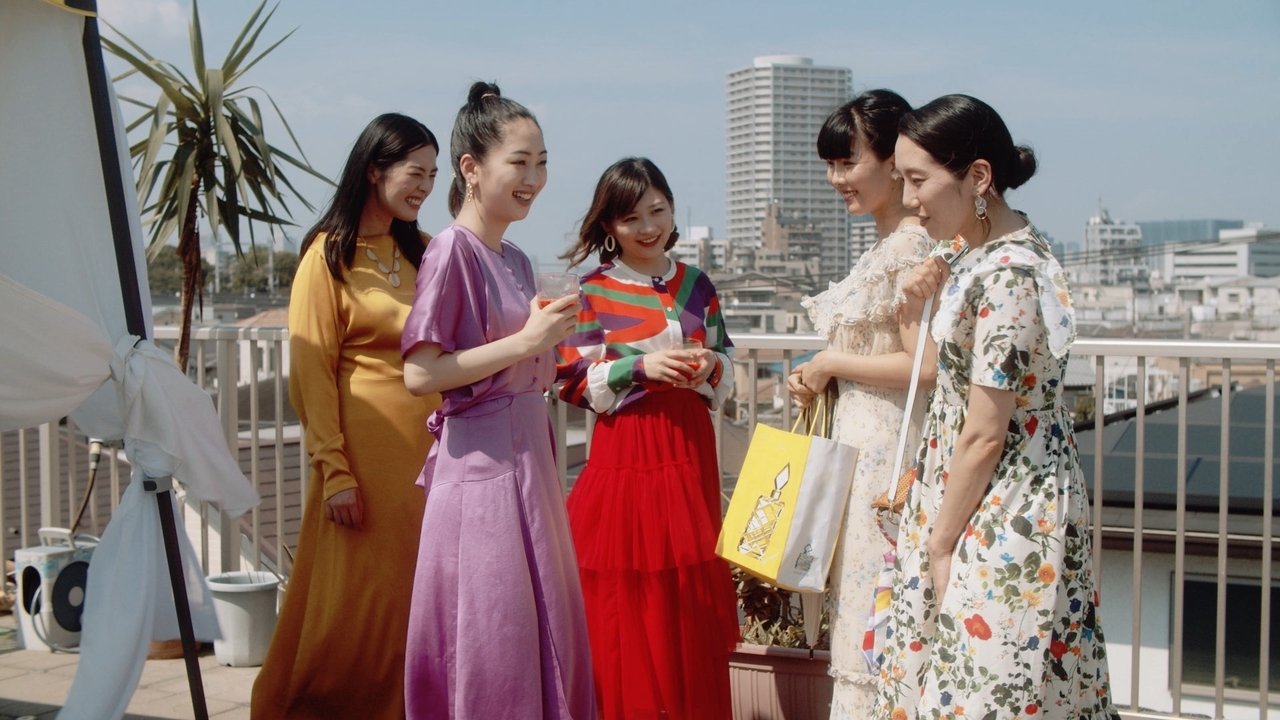
Kamata Prelude(2020)
A four-part film done in the unique style of each director, Matusbayashi Urara gives a portrayal of a struggling actress named Machiko who lives in Kamata. Machiko is the central axis of the movie as the film comically depicts what it means to be a "woman" and an "actress" in society through showing the patterns of life as conducted by her and the people that surround her.
Movie: Kamata Prelude
Video Trailer Kamata Prelude
Similar Movies
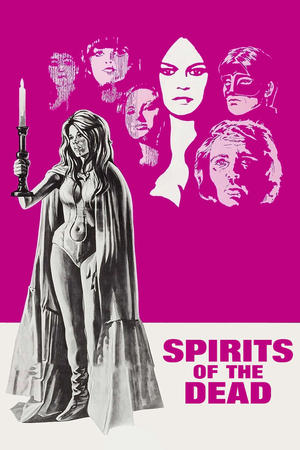 6.3
6.3Spirits of the Dead(fr)
Anthology film from three European directors based on stories by Edgar Allan Poe: a cruel countess haunted by a ghostly horse, a sadistic young man haunted by his double, and an alcoholic actor haunted by the Devil.
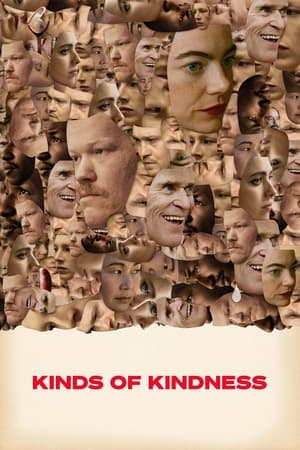 6.5
6.5Kinds of Kindness(en)
A triptych fable following a man without choice who tries to take control of his own life; a policeman who is alarmed that his wife who was missing-at-sea has returned and seems a different person; and a woman determined to find a specific someone with a special ability, who is destined to become a prodigious spiritual leader.
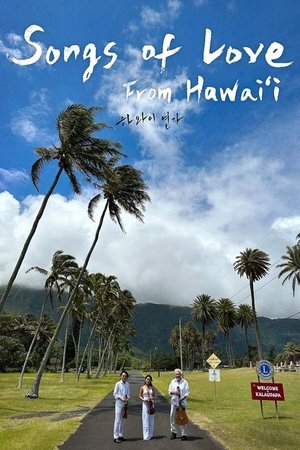 5.0
5.0Songs of Love from Hawaii(ko)
Embark on a mesmerizing musical journey through the multi-faceted history of Korean American immigrants in Hawaiʻi with SONGS OF LOVE, a captivating reverie of song and history.
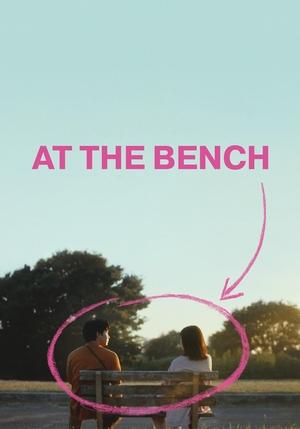 10.0
10.0At the Bench(ja)
In the middle of a riverside park stands a single bench. One evening, a couple of childhood friends who hadn’t seen each other in a while meet up at this bench. Although awkward at times, they sit there exchanging gentle words of affection. And as time goes by more people gather at this little bench: a couple on the verge of a breakup that gets interrupted by an old man, a runaway and her older sister that comes looking for her, and city officers planning on removing the bench. At the Bench is an anthology film showing glimpses of the everyday life of various people that gather by this little bench.
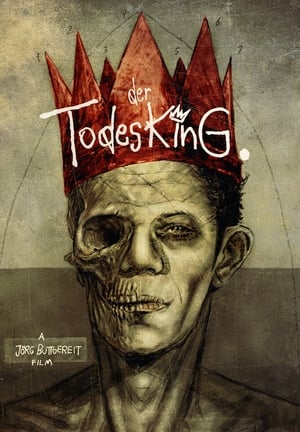 6.4
6.4The Death King(de)
Seven episodes, each taking place on a different day of the week, on the theme of suicide and violent death.
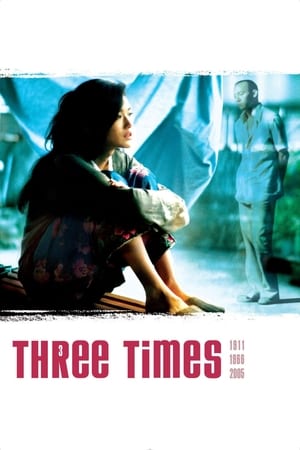 7.0
7.0Three Times(zh)
In three separate segments, set respectively in 1966, 1911, and 2005, three love stories unfold between three sets of characters, under three different periods of Taiwanese history and governance.
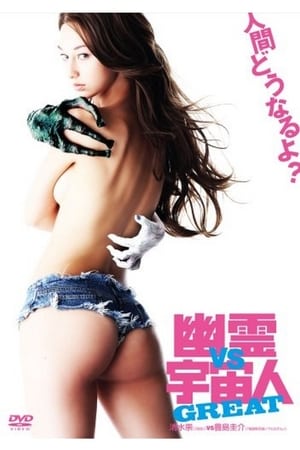 9.8
9.8Ghosts vs. Aliens 03(ja)
A two-part feature directed separately by Shimizu and his colleague Keisuke Toyoshima. Unrelated to each other, both have a common goal: to bring ghosts and aliens together in pure, referential and absurdistic delirium, including neo-Nazi specters, zombie yakuzas and nasty aliens.
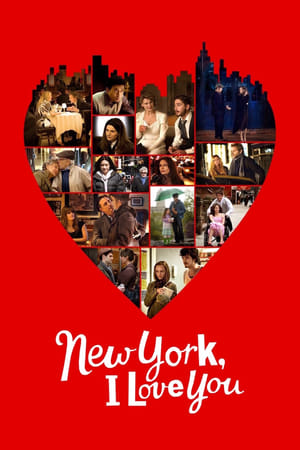 6.0
6.0New York, I Love You(en)
New York, I Love You delves into the intimate lives of New Yorkers as they grapple with, delight in and search for love. Journey from the Diamond District in the heart of Manhattan, through Chinatown and the Upper East Side, towards the Village, into Tribeca, and Brooklyn as lovers of all ages try to find romance in the Big Apple.
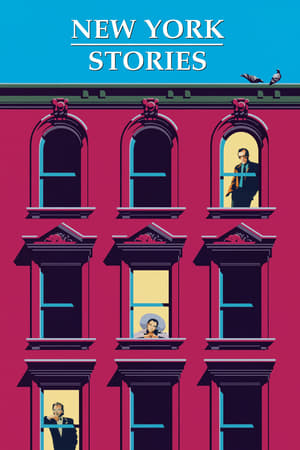 6.2
6.2New York Stories(en)
Get ready for a wildly diverse, star-studded trilogy about life in the big city. One of the most-talked about films in years, New York Stories features the creative collaboration of three of America's most popular directors, Martin Scorsese, Francis Coppola, and Woody Allen.
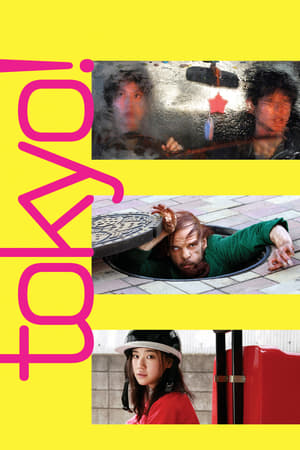 6.9
6.9Tokyo!(ja)
Three distinct tales unfold in the bustling city of Tokyo. Merde, a bizarre sewer-dweller, emerges from a manhole and begins terrorizing pedestrians. After his arrest, he stands trial and lashes out at a hostile courtroom. A man who has resigned himself to a life of solitude reconsiders after meeting a charming pizza delivery woman. And finally, a happy young couple find themselves undergoing a series of frightening metamorphoses.
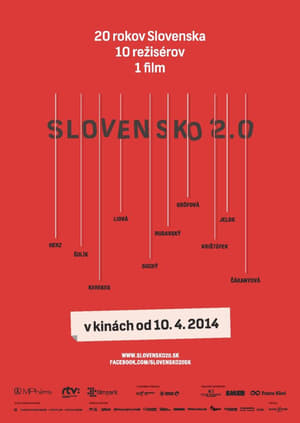 0.0
0.0Slovakia 2.0(sk)
What is “Slovakia”? How to explain the notion of “Slovakia” of the past 20 years to an unknown stranger, a visitor from another planet? What is the genetic makeup or the software for “Slovakia”? How to use it? How does it change? Slovakia 2.0 is a film about twenty years of independent Slovakia as seen from the perspective of ten film directors. It is composed of ten 10-minute films of different genres ranging from drama, through animation and documentaries, to experimental film. The ten recognised film directors who offer an answer to what is Slovakia include a wide range of generations, views and genres, namely Juraj Herz, Martin Šulík, Peter Kerekes, Zuzana Liová, Mišo Suchý, Ondrej Rudavský, Iveta Grófová, Peter Krištúfek, Viera Čákanyová, and Miro Jelok.
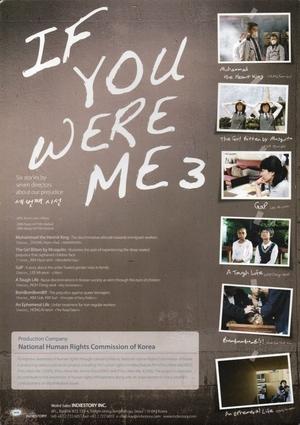 0.0
0.0If You Were Me 3(ko)
Commissioned by South Korea's National Human Rights Commission, If You Were Me is an innovative omnibus film project to promote tolerance and human rights and shed light on the hardships disadvantaged people face in Korea. This third installment continues the If You Were Me tradition. Directors Jeong Yun Cheol (Marathon), Kim Hyeon Pil (Wonderful Day), Lee Mi Yeon (L'Abri), Noh Dong Seok (Boys of Tomorrow), Hong Gi Seon (The Road Taken), and Kim Gok and Kim Sun (Capitalist Manifesto: Working Men of All Countries) participated in If You Were Me 3, creating shorts on human rights issues of their choosing, ranging from labor conditions to gay rights to discrimination.
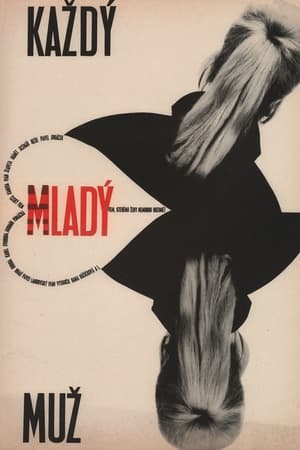 6.5
6.5Every Young Man(cs)
Jurácek's feature debut is shot in two parts. In the first, a corporal accompanies a new recruit with a sore Achilles tendon for his physical, and all the girls or young women they see are played by the same actress (Ruzickova). In the longer second segment, shot with the help of the Czechoslovakia army, the soldiers pass the time during basic training and maneuvers by talking about girls.
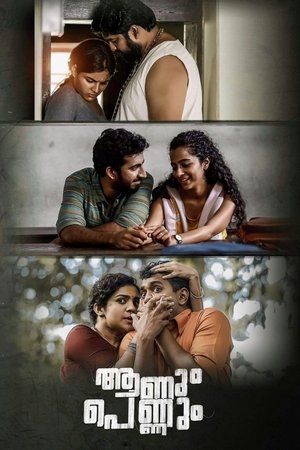 5.8
5.8Aanum Pennum(ml)
An anthology film that takes you to different eras in the history of Kerala through three stories about relationships and emotions.
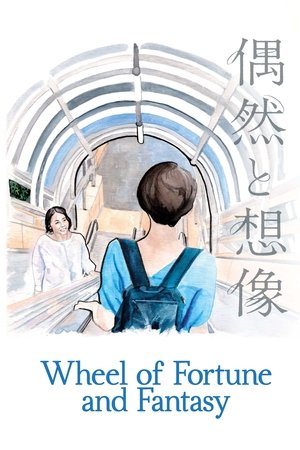 7.2
7.2Wheel of Fortune and Fantasy(ja)
An unexpected love triangle, a seduction trap, and a random encounter are the three episodes, told in three movements to depict three female characters and trace the trajectories between their choices and regrets.
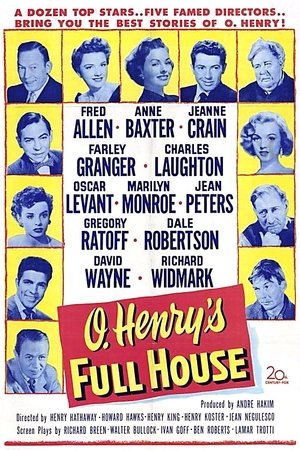 6.5
6.5O. Henry's Full House(en)
Five O. Henry stories, each separate. The primary one from the critics' acclaim was "The Cop and the Anthem". Soapy tells fellow bum Horace that he is going to get arrested so he can spend the winter in a nice jail cell. He fails. He can't even accost a woman; she turns out to be a streetwalker. The other stories are "The Clarion Call", "The Last Leaf", "The Ransom of Red Chief", and "The Gift of the Magi".
Triptych o láske(sk)
TV movie "Triptych of love" was created by short stories by famous Slovak writer Ladislava Nádaši - Jégeho. Historical themes in his works have an ambition to bring over to look attractive environment and time bygone era strong dramatic stories and exciting human destinies. Renaissance short stories from the collection "Italy" are a variety of views from different backgrounds, linking theme of many forms of love, its tones and semitones, from bitterly ridiculous after tragic. Screenwriter Ján Števček that dramatically processed three Jégeho stories.
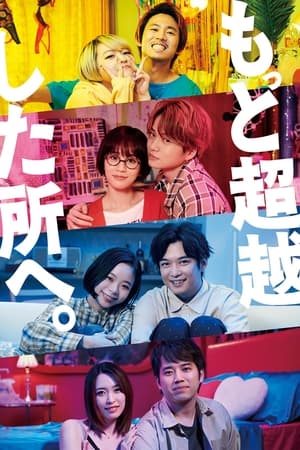 6.8
6.8To The Supreme!(ja)
Four young women are somewhat desperate in their relationships, since their male partners are not the most successful types. But does that mean you have to break up with them? In his fast-paced comedy, Santa YAMAGISHI takes a closer look at romantic clichés and the truths that lie behind them.
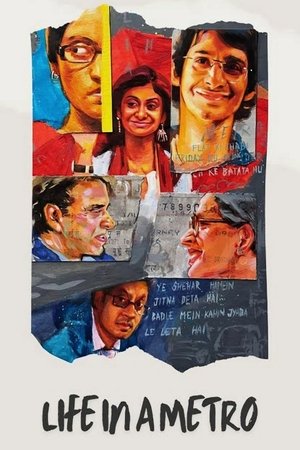 6.4
6.4Life in a Metro(hi)
A group of Mumbai up-and-comers search for love and struggle for success in this ensemble drama that centers on an eager young call centre executive.
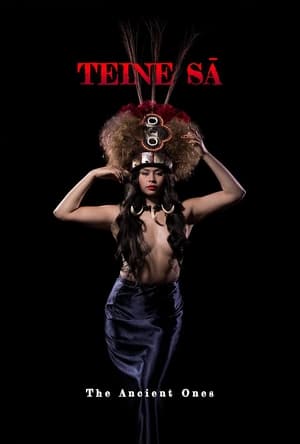 0.0
0.0Teine Sā: The Ancient Ones(en)
Teine Sā - the ancient spirits of the Pacific are stirring. Revered and feared in equal measure, these sacred gods have crept back into the modern world to engage with five different women facing their own demons.. Teine Sā is a series of stories of modern day issues impacting Pacific women who look to the atua of the past for guidance. Teine Sā are the ancient spirit women, with the ability to bless and curse in equal measure. From the notorious goddess Telesa to the Hiama of the Solomon Islands, these tales of the unexpected take age-old stories on many twists and turns.
